Increase prices, push customers to go abroad?
The Ministry of Transport is seeking opinions on amending a number of articles of Circular No. 17/2019 on the price framework for passenger transport services on domestic routes. The ceiling price framework for airfares is expected to increase from VND50,000 - VND250,000 depending on the flight route.
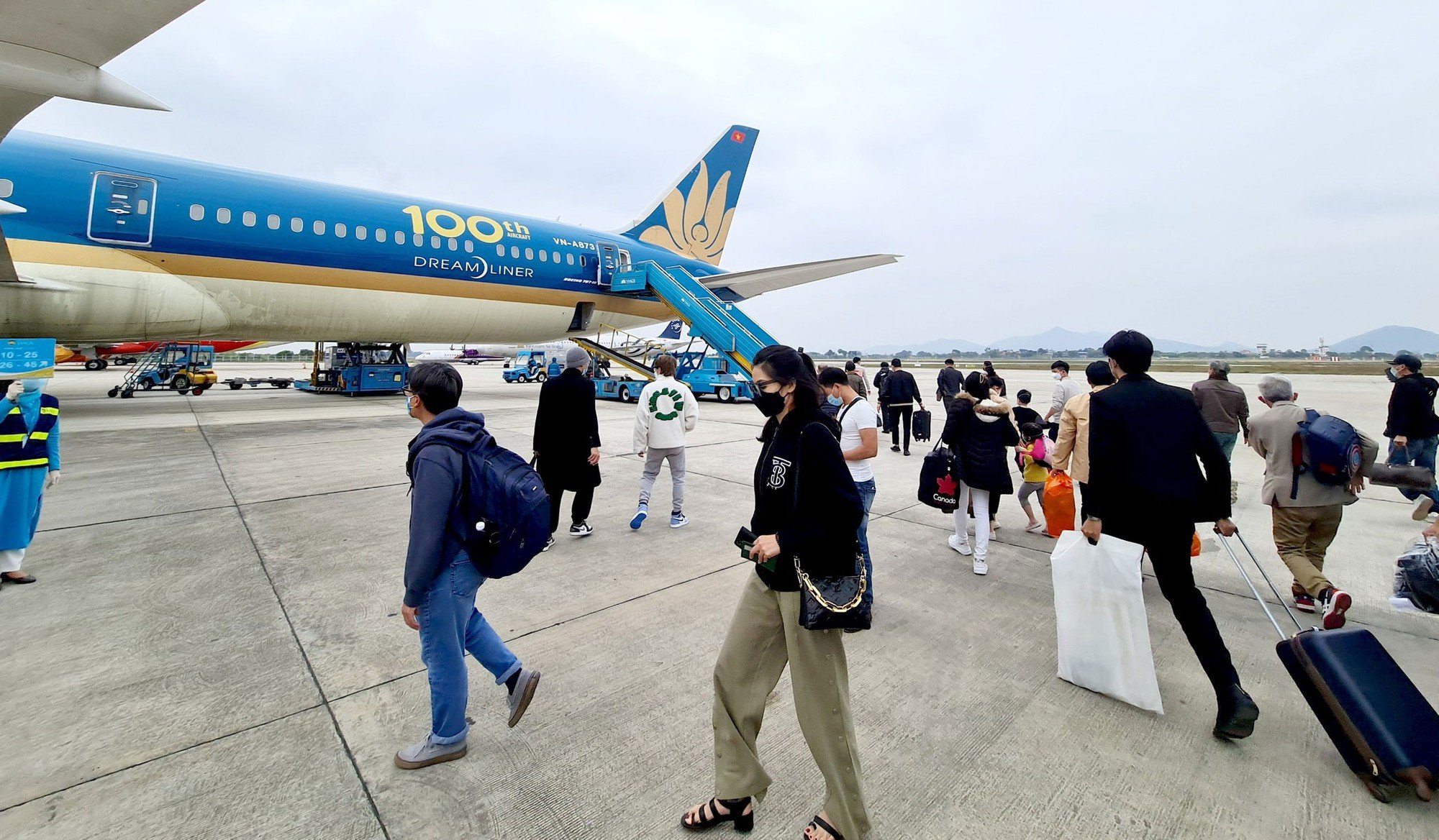
Whether airfares are high or low is a controversial issue.
Specifically, for the group of routes from 500 km to under 850 km, the ceiling price increased by 50,000 VND/one-way ticket from 2.2 million VND to 2.25 million VND, equivalent to an increase of 2.27%. For the group of routes from 850 km to under 1,000 km, the ceiling price increased from 2.79 million VND to 2.89 million VND/one-way ticket (equivalent to an increase of 3.58%). For flight distances from 1,000 km to less than 1,280 km, the Ministry of Transport proposed a maximum price of VND3.4 million/one-way ticket, VND200,000 higher than the current regulation (an increase of 6.25%). The last group - flight distances from 1,280 km or more - is proposed a price of VND4 million/one-way ticket, VND250,000 higher than the current regulation of VND3.75 million. This is also the group with the strongest price increase proposed, up to 6.67%.
"Customers who come to ask for tours are still hesitant between domestic tours and international tours. If this draft is passed and airfares continue to increase, they will decide to go abroad immediately," said Mr. Nguyen Minh Man, Director of Communications and Marketing of TST Tourist Company, as soon as the draft of the Ministry of Transport was issued.
Such apparent concern is because Mr. Man directly received complaints from customers in Hanoi when asking for information about tours to Phu Quoc during the recent April 30 - May 1 holidays. Upon receiving the price, customers immediately reacted and asked to change directions to areas near Hanoi. In fact, the price of a 3-4 day Hanoi - Phu Quoc tour is now over 10 million, equivalent to a high-quality 5-day tour to Thailand, in which airfare accounts for about 60%. Many domestic tour routes of TST Tourist have also had to adjust their price lists due to fluctuations in aviation, including routes that increased by up to 40%.
"Instead of eagerly preparing for the biggest tourist season of the year like every year, this summer's peak is still unknown as we wait for the final move from the airlines. If the prices are too high, people in Hanoi will no longer fly to Phu Quoc, Nha Trang or Da Lat, they will drive to Quang Ninh, Hai Phong or go to the Northeast, Northwest to play, which is also the sea, the mountains. However, it is clear that their need to combine playing at the beach and relaxing in Phu Quoc has not been met. Or suppose they switch to going abroad, the travel company will not "die", there will still be customers, tours, and money. In the end, only customers will lose, destinations will lose, and domestic tourism in Vietnam will lose," Mr. Man analyzed.
From another perspective, Ms. Pham Phuong Anh, Deputy General Director of Viet Tourism Media Joint Stock Company, analyzed that if an airline charges too high a price, people will switch to another airline or not travel anymore, so the tickets will have to be lowered. This has happened in several recent peak tourist seasons, especially the April 30 - May 1 holiday season. Airline ticket prices are sky-high 1-2 months before the holiday, but suddenly "turn around" at the last minute to stimulate demand before "G hour".
The above mentioned reality is changing the travel habits of tourists. Customers will have the mentality of waiting until the day of departure to buy tickets. At that time, it is very difficult for travel companies to proactively provide services. Even for tourists who do not go on tours but travel independently, they are very passive. It is possible to book air tickets closer to the date to get a cheaper price, but then the hotel price will increase or there will be no more desired rooms.
"Moreover, airfare accounts for about 40% of the tour price. If the tour price is high, customers will delay purchasing or change to traveling abroad. At that time, travel agencies will also have to return the series of booking tickets to airlines or hotels, continuing the vicious cycle of selling tickets at a loss, and it is not known whether the tour will be sold or not," Ms. Phuong Anh worried.
Are planes for the rich?
While travel companies are "sitting on pins and needles" watching every move of the aviation industry, the leader of Vietravel Airlines considers this to be one of the proposals that closely follows the actual situation of the industry, when input costs have fluctuated a lot compared to the ceiling price frame that was issued 8 years ago.
Based on the performance of Vietravel Airlines in recent years, it shows that the average ticket price of flights operated by the airline is always below the ceiling price frame according to Circular 17 issued since 2015. "In the early stages of the 2023 summer peak, Vietravel Airlines recorded a decrease of more than 18% in airfares connecting Ho Chi Minh City and Hanoi to major tourist cities such as Phu Quoc/Quy Nhon/Da Nang compared to the same period last year," the representative of this unit cited and affirmed that the information about high summer airfares given by some units is not close to the actual market situation and is not the general picture of the entire flight network according to Circular 17 issued since 2015.
"Increasing the ceiling price framework will allow airlines to have a wider margin for operating ticket prices, helping them be more proactive in flexibly balancing between ensuring competitive ticket prices while still meeting fluctuating input costs as in the past," said the leader of Vietravel Airlines.
Responding to Thanh Nien , Mr. Nguyen Quoc Ky, Chairman of the Board of Directors of Vietravel Corporation, said that it is necessary to calculate and re-stratify the travel and transportation systems in society into different levels. Specifically, aviation is essentially a high-cost, high-safety form of transportation. The investment cost of an airplane can be up to 100 million USD, plus operating costs, safety levels, fuel costs have increased from 30% to 50% now... Therefore, it is necessary to stratify the target customers who can accept the price of this type of transportation. Customers who cannot accept the high price will switch to trains, and even lower, cars. This is both meaningful in helping businesses in each segment to be able to do business and compete according to market mechanisms, and not cause conflicts between types of transportation.
"Due to economic difficulties, businesses have to cut costs to the maximum, tighten all costs to the lowest level, to have cheap air tickets for train passengers to be able to "get" on the plane. This is also a way for low-cost airlines to "liquidate" the railway, especially on short routes of about 300 - 400 km. If this continues, both airlines and railways will not survive," said Mr. Ky.
According to Mr. Ky, the demand for air transport often fluctuates depending on the season and the event. For example, during the Lunar New Year, the flights from Ho Chi Minh City to Hanoi will be "full" but the return flights will be almost empty, sometimes only reaching a occupancy rate of about 20-30%. At that time, airlines have to calculate the total cost of both ends and then divide it to get a suitable ticket price. That is why peak season airfares must increase, they cannot be reduced. In addition, in countries where tourists often plan far in advance, and registering for the trip early will help them buy cheaper airfares. If you wait until the day before to buy tickets, and everyone else rushes to go at that time, you have to accept high ticket prices.
If you want to fly, plan early and accept higher prices. If you want to travel on holidays at a more reasonable cost, take the train or car. Without a hierarchy, transportation will be expensive, overload the tourism infrastructure system and reduce quality.
Mr. Nguyen Quoc Ky
Source link








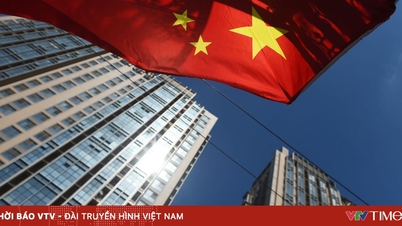

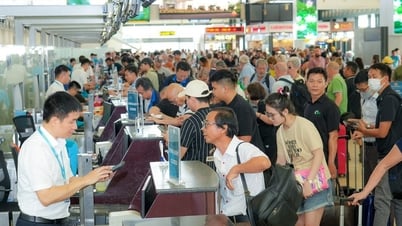









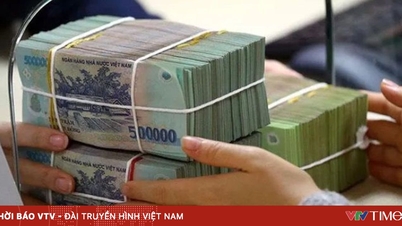


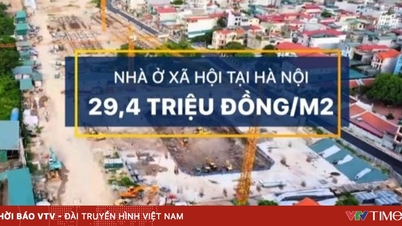

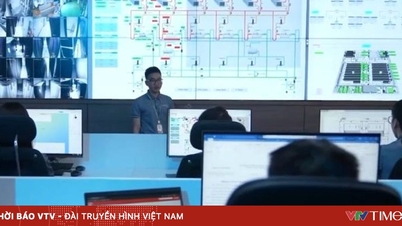









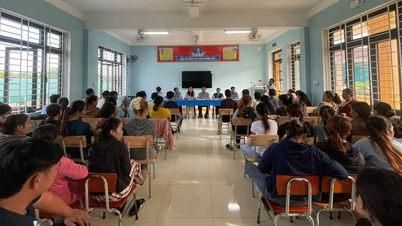































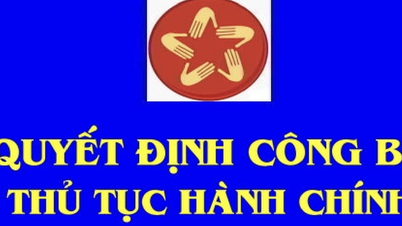
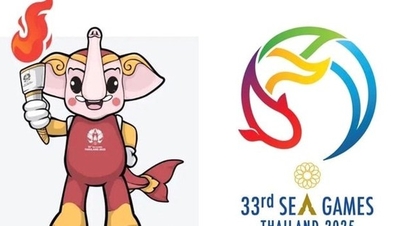




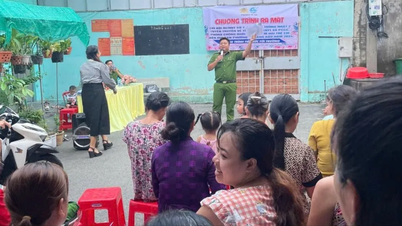

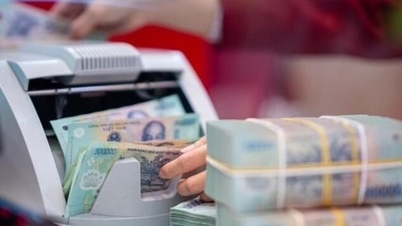

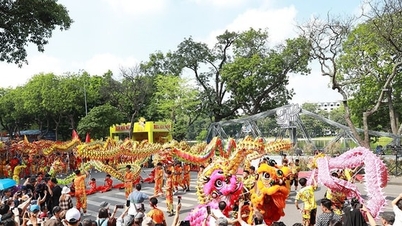
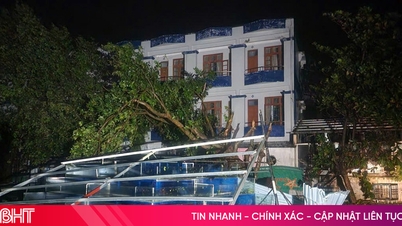

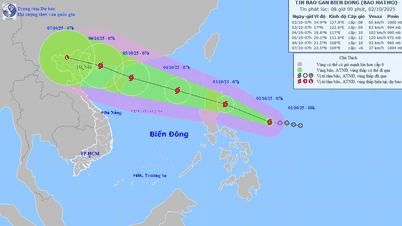














Comment (0)